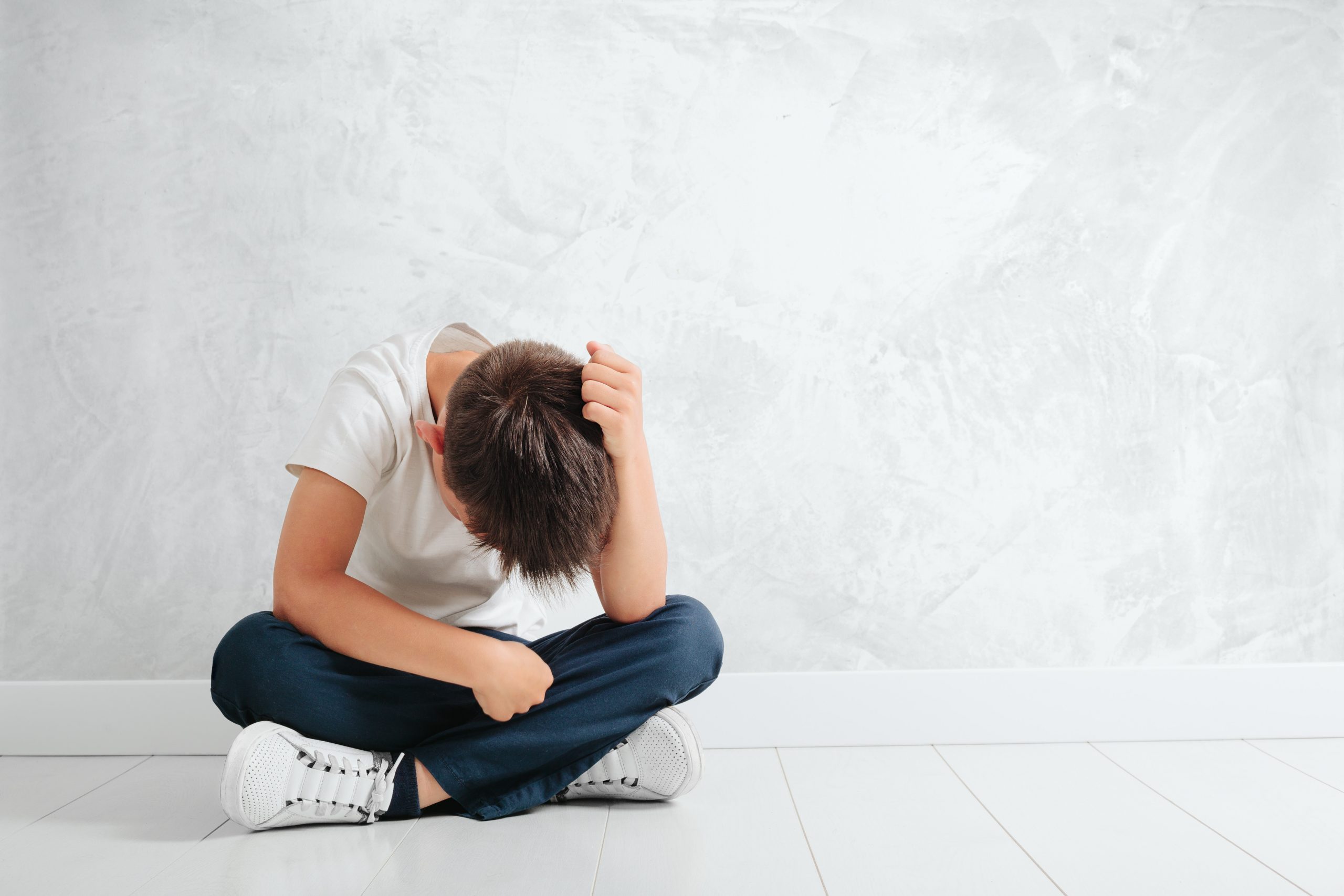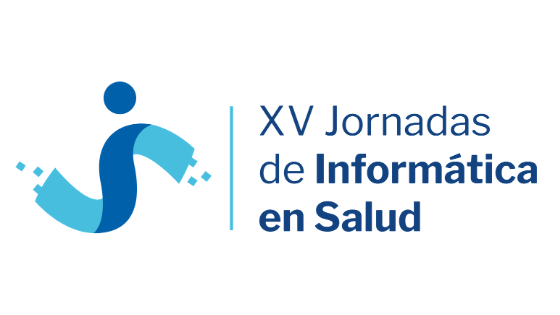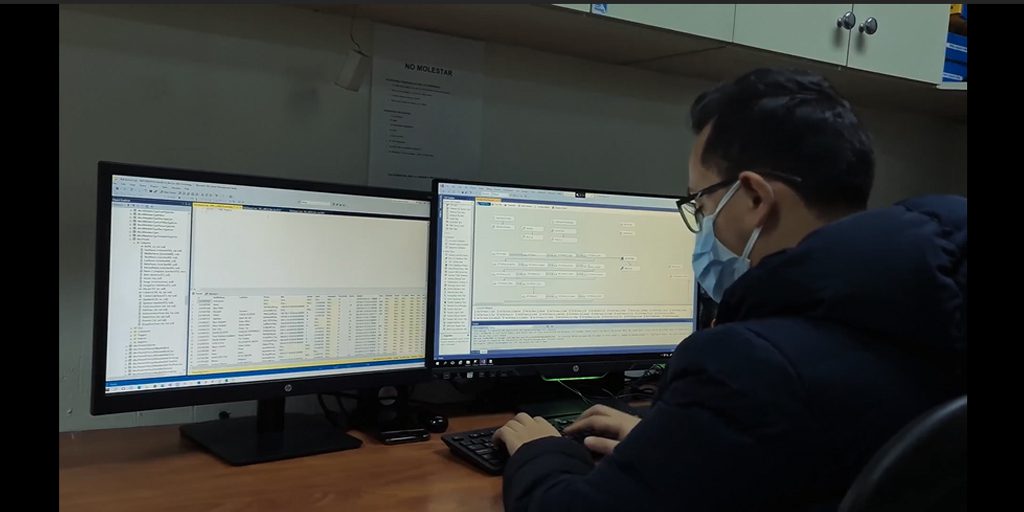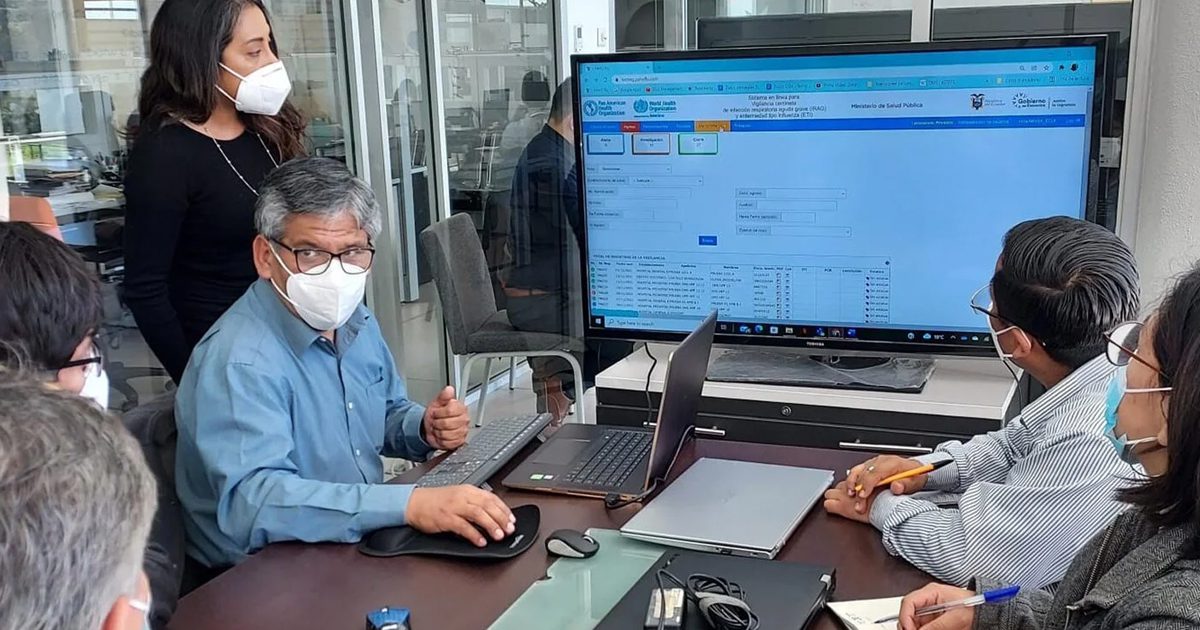This study, published by Elsevier, shows that anxiety can be reduced in young people who did not have results with the onset of their cognitive behavioral therapy.
A study published in the Journal of the American Academy of Child and Adolescent Psychiatry (JAACAP) reported on computer care training and its usefulness in reducing anxiety in children and adolescents. This responds to the need in the United States to provide new treatments to young people, since between 30 and 50% of young people diagnosed with anxiety disorder do not respond to cognitive behavioral therapy (CBT).
“CBT is the leading evidence-based psychosocial treatment,” explains research co-author Dr. Jeremy Pettit of Florida International University. “So there is a critical need to have other treatment options available for this population given that persistent anxiety is associated with distress, impairment in functioning, and elevated risk for other psychiatric disorders and suicide.”
This study is the first to show a potentially effective strategy for this group of the population. 64 children and young people between the ages of 7 and 16 participated for their development, all met the criteria for anxiety disorder and had received CBT. After four weeks of in-care training, the results showed that half of participants no longer met the criteria for a primary diagnosis of anxiety, according to technical manuals such as the Diagnostic and Statistical Manual of Mental Disorders..

The first care treatment was focused on neutral stimuli away from threatening stimuli, on the contrary, the second care treatment, trained attention to neutral and threatening stimuli in the same way. Both training techniques led to positive results in the treatment of anxiety among participants “Attention training is a promising augment for children who do not respond to CBT,” said co-author PhD Wendy Silverman of Yale University.






